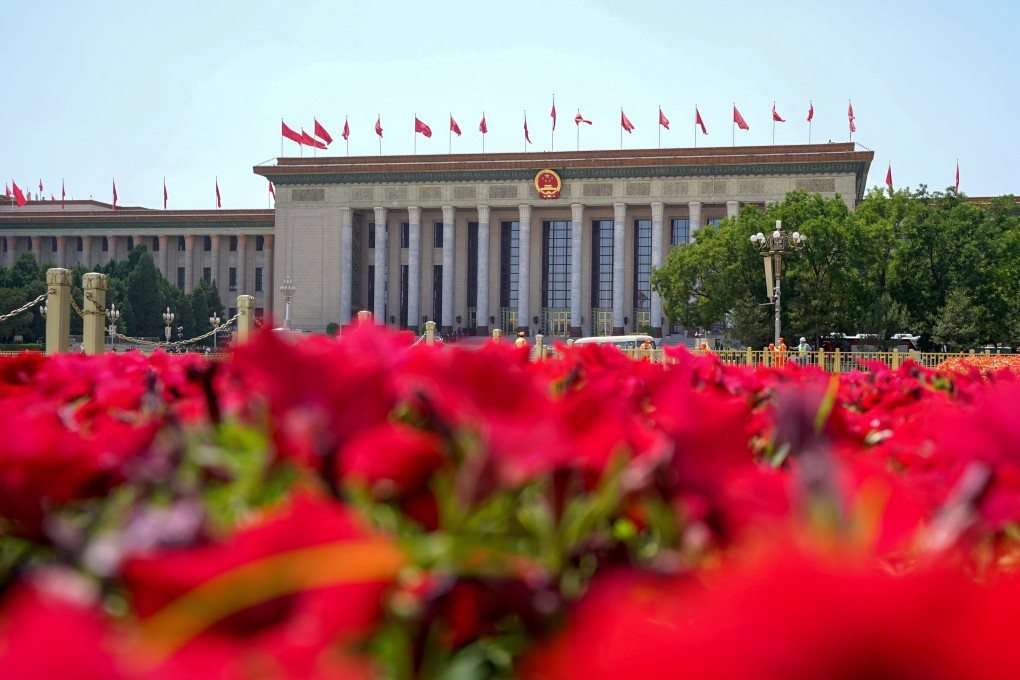Advertisement
Explainer | Hong Kong national security law: how will China introduce it and who will be consulted?
- The Standing Committee of mainland China’s legislature met last week to discuss security legislation that it is to impose on Hong Kong
- With the committee holding a special meeting this weekend, who has the power to pass the law, and when might its text be made public?
Reading Time:5 minutes
Why you can trust SCMP

On Saturday, the National People’s Congress Standing Committee outlined the national security law to be introduced in Hong Kong to prevent, stop and punish secession, subversion of state power, terrorism and foreign interference, in one of its regular bimonthly meetings.
Legal scholars explain how the legislature in China works and how Beijing may introduce the law to the Hong Kong Special Administrative Region.
What is the legislative body in China?
The National People’s Congress (NPC) is China’s national legislative body, which enacts and amends basic laws governing criminal offences, civil affairs, the state organs and more, according to the Law on Legislation of the People’s Republic of China, revised in 2015.
Advertisement
The NPC has nearly 3,000 members, called deputies, and they normally meet every March for about 10 days to pass major national laws, approve government development plans and appoint key officials.

03:08
Hongkongers fearing national security law see BN(O) passports as sign of hope
Hongkongers fearing national security law see BN(O) passports as sign of hope
The NPC Standing Committee has about 175 members, and it usually meets every two months to review and approve legislation and government regulations. The Standing Committee can also hold interim meetings if necessary – such as the special three-day meeting that will begin this Sunday.
Who can propose and draft legislation in China? Who drafts the law?
Advertisement
Select Voice
Select Speed
1.00x